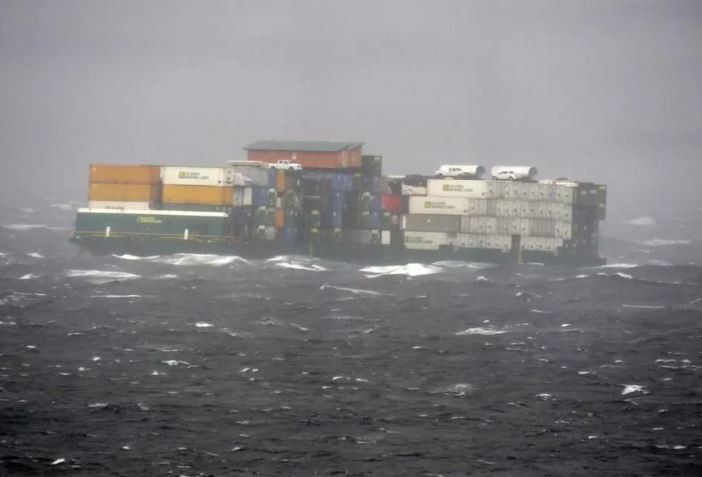
The Port of Seattle shut down its cargo operations June 10 due to labor conflicts and the Port of Alaska says it could affect the state. About 90% of Alaska’s goods arrive by ship or barge, and most of that comes via Seattle.
Jim Jager is a spokesperson for the Port of Alaska in Anchorage.
“Any impact on shipping out of Seattle -Tacoma area, is going to have an impact on Alaska, just because we’re getting all of our goods there or the vast majority,” Jager said.
Jager says half of the goods barged to Alaska stay in Anchorage and the other half is distributed throughout the state; even sent back down to communities in Southeast.
The details of the shutdown are unclear. The Pacific Maritime Association, which represents terminal operators, blames the labor union – the International Longshore and Warehouse Union – for the shutdown. The labor union denies its worker strike is causing the port’s closure.
Jager says the extent of the impact on Alaska won’t be known for a while. But he says it will likely be more of an inconvenience, like minor delays of goods getting onto shelves. He says the bulk of the slowdown is in international cargo, so it probably won’t be a huge hit to Alaska.
“I don’t think it’ll get terrible,” he said. “But you know, it all depends on your line of work. If you’re worried about getting food from the grocery store. Yeah, we’ll get most of this stuff. On the other hand, if you’re in a business that relies on something that’s coming from Asia, you know, you’re if you’re saying if you have a production plant that needs some part that’s coming out of Asia, you may have a real problem coming up.
Jager stresses that it’s important for Alaskans to not panic shop as some did buying products like toilet paper during the pandemic. That could only make things worse.
“It took six months to sort of get out of that — that whipsaw action of the supply chain,” Jager said. “Could that happen? You bet it could. Will it happen? Oh, I bet with some goods it does.”
As for the strike itself, Jager says there are different unions in Alaska and it won’t affect port workers here.












